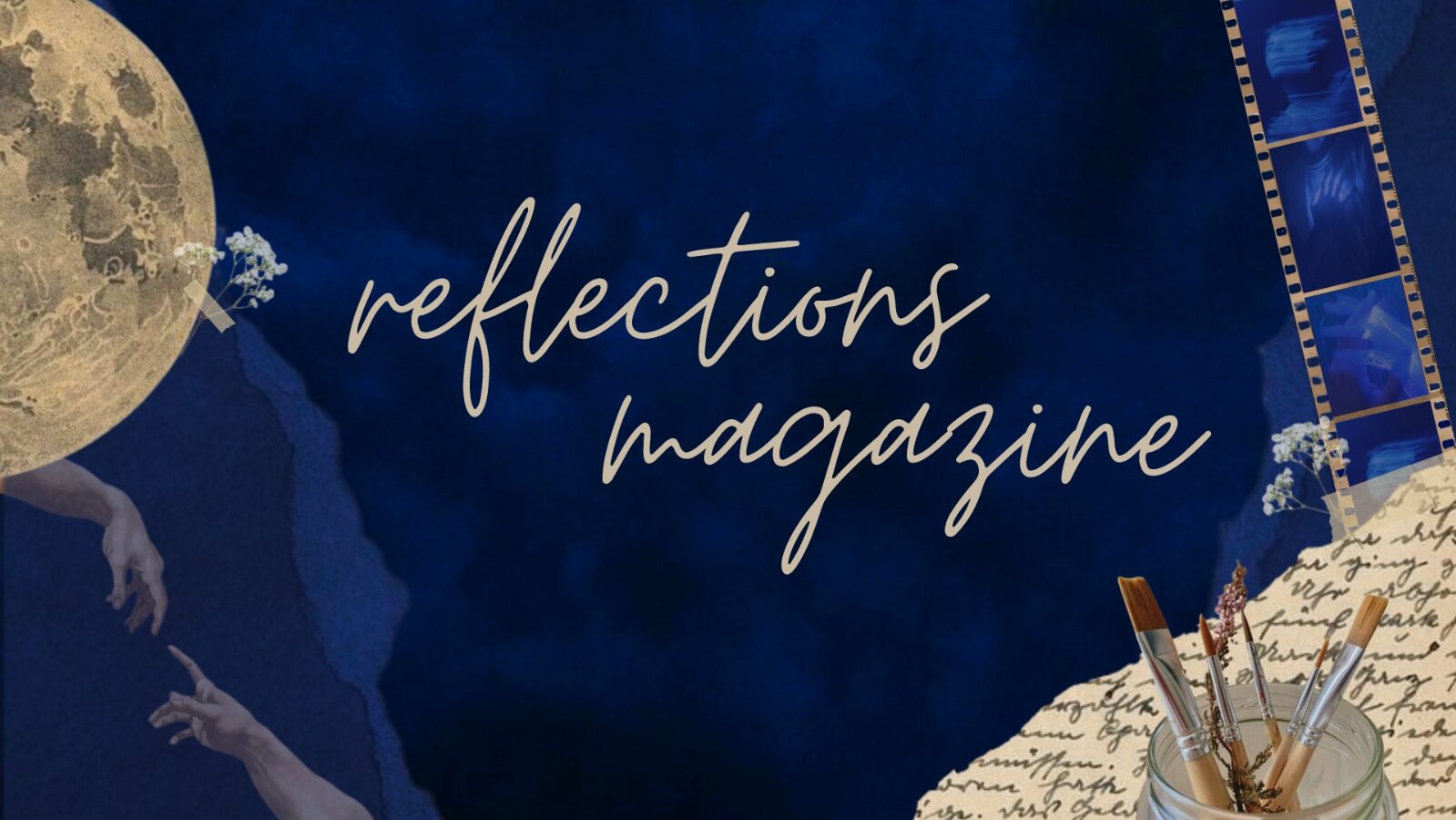What is injustice? Now that the word is being thrown around more than ever, it is about time we reflect on it with deeper sensitivity. The emotion that we feel when the word is brought up is the rage associated with years of oppression and exhaustion. Injustice is when the oppressors, without any remorse, continue their actions, leaving the oppressed broken, in almost no condition to retaliate, unable to even pick up their pieces and start anew. It is when this dull ache of helplessness sets in that people begin to realise the intensity of the injustice that has prevailed.
Injustice holds several connotations for a variety of people. To the oppressed, it brings flashes and memories of past discriminations against them and their kind. To the oppressors, it is the mere empty thought of them being denied what they believe is their birthright to exploit others. And to those in the middle, we simply get a running script of everything our history books ever taught us. The people in the middle have something of an upper hand in this case – having neither been exploited nor being the ones inflicting pain on others – it becomes their duty to educate themselves on injustices and the ways to curb them. Our history books have taught us all that the world wants us to know. But who said that was ENOUGH knowledge? It becomes our duty to read between the lines, research more and be aware. The books have captured all they could, but they will never be able to account for the pain, the alienation, and the struggle of the oppressed.
Our history books are soaked in the blood of the innocent and the tears of the suppressed. The pedestal on which all of history seems to have placed itself is, upon closer inspection, nothing but the bones of the people that were abused and stepped on, in order for those in power to maintain their everlasting chokehold on humanity. History, the books say, is made by those who conquered. But it is in truth, made by those that the world considered to have had no worth. It was written by every person enslaved by society, in the dull glow of an oil lamp. In truth, we owe everything to the exploited. They wrote our history for us. They made society what it is today. We are what we are and where we are because of the victims of injustice. It becomes our duty to make ourselves and those around us aware, and to remember the oppressed and honour them each day by consciously being fair and equal to everyone.
Drastic change has never been an overnight process. It has taken years, centuries even, for people to rise against lineages of corrupted power. As a generation with resources, knowledge and with the unending power that words hold, it becomes our duty to unlearn and uproot the divisive practices and to plant in its place, seeds of hope and love.
So, let us question ourselves again: what exactly is injustice? Is it what we have been conditioned to believe it is or is it everything that they left out? Other than the apparent examples, it should also include all the hypocrisies of mainstream society, such as people who claim to accept different sexualities, as long as their child isn’t one of them. Or those that say the ‘n’ word as a joke because they “don’t really mean anything by it”. It is the supposed male ‘feminist’ allies that still want their wives and daughters to stay home, remain covered-up and never speak up and it is the family member who generalizes every minority under the umbrella term of ‘terrorists’.
Humanity as a whole has spent too much time suffering from a superiority complex. We have done everything in terms of spreading hatred. However, we are fortunate enough to have realised both our ancestor’s faults as well as ours. It never has been and never will be too late for us humans to mend our ways. Every time is a good time to start and I propose we start right about now.
–Ishita Misra, Amity International School, Noida
1 Like
